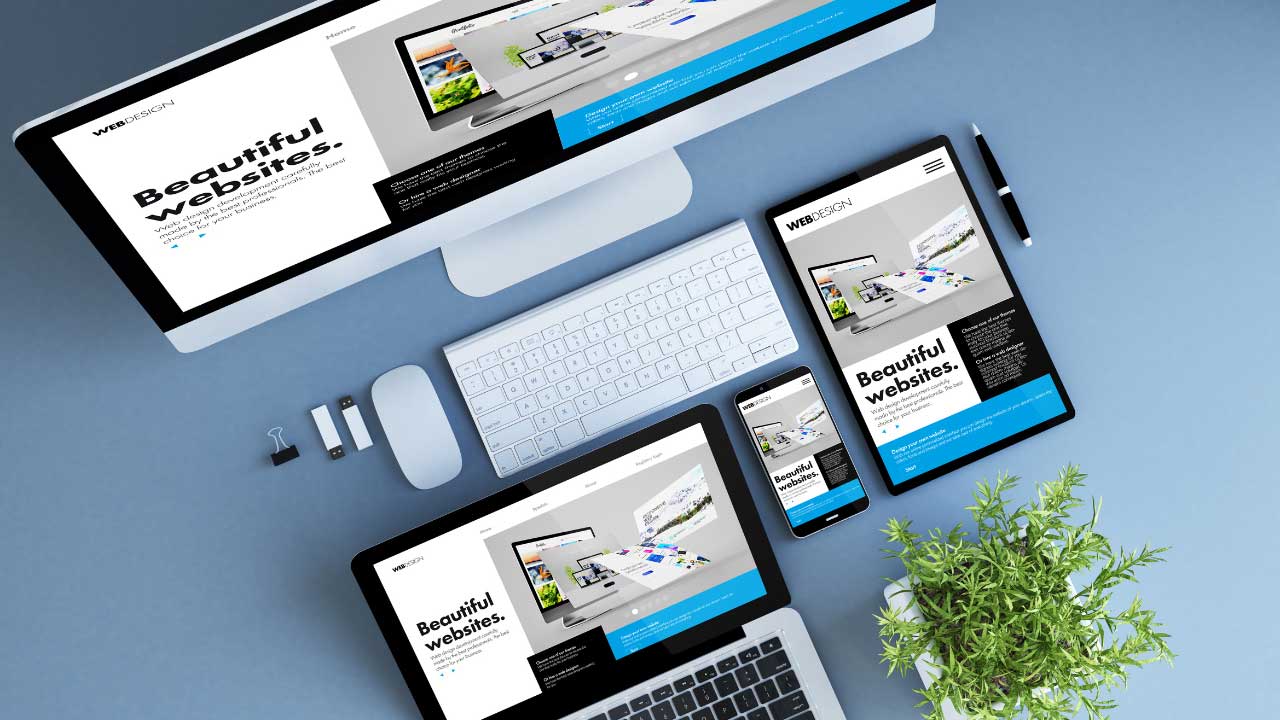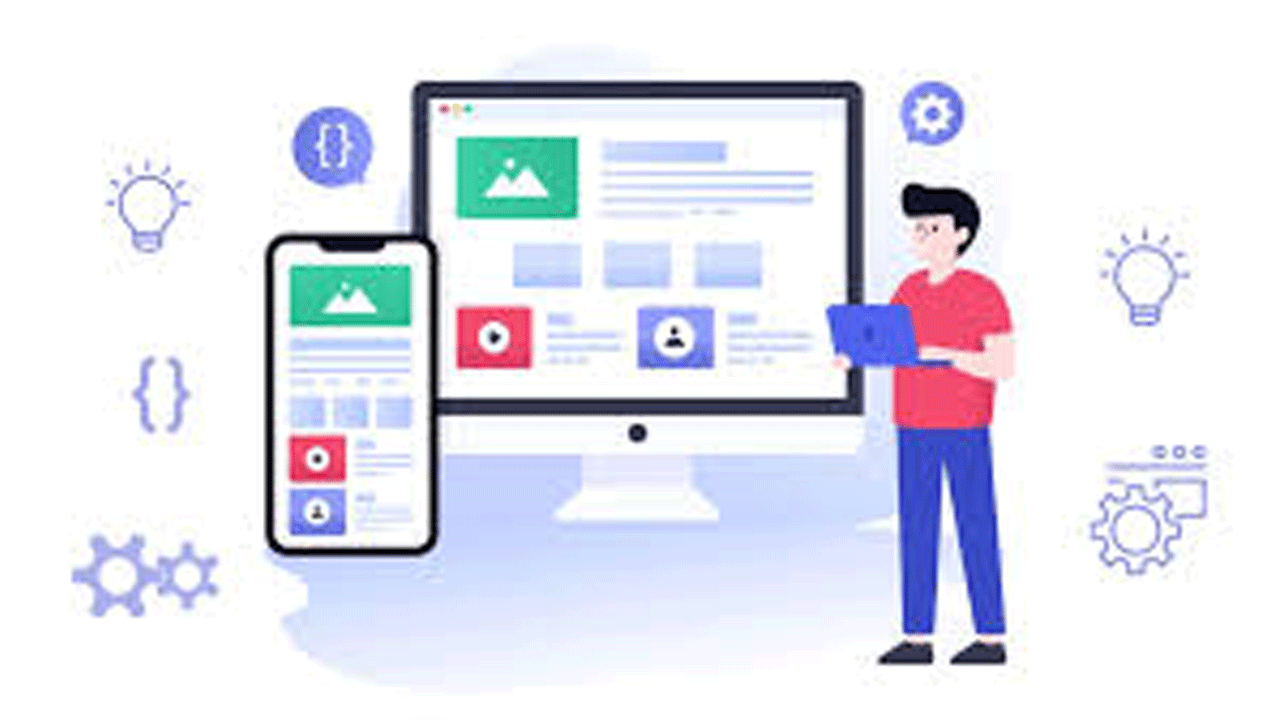Custom iOS Development: Crafting Tailored Mobile Experiences
The world of mobile applications is vast, and the iOS platform remains one of the most popular and profitable ecosystems. Custom iOS development allows businesses and individuals to create tailored experiences that meet specific needs, enhance user engagement, and stand out in a crowded market. This blog will delve into the intricacies of custom iOS development, from the initial concept to deployment, and highlight why it’s a crucial investment.
Introduction to Custom iOS Development
Custom iOS development refers to the process of designing and building applications specifically for Apple’s iOS platform, tailored to meet unique user requirements and business objectives. Unlike off-the-shelf solutions, custom apps are built from the ground up, ensuring that every feature aligns perfectly with the intended use case.
Benefits of Custom iOS Development
1. Personalized User Experience
Custom iOS apps provide a personalized experience, catering to specific user needs and preferences. This tailored approach can significantly enhance user satisfaction and engagement.
2. Scalability and Flexibility
Custom apps are designed to grow with your business. They can be scaled and updated with new features as your needs evolve, offering long-term flexibility.
3. Enhanced Security
iOS is known for its robust security features, and custom development allows for the integration of additional security measures tailored to your specific requirements, protecting sensitive data effectively.
4. Competitive Advantage
A unique app can differentiate your business from competitors, offering features and functionalities that are not available in standard applications.
The Development Process
1. Conceptualization and Planning
The first step involves understanding the client’s needs, defining the app’s purpose, and outlining its core features. This stage includes market research and feasibility analysis.
2. UI/UX Design
Designing the user interface and user experience is crucial. This stage involves creating wireframes, prototypes, and final design layouts that ensure intuitive and engaging user interactions.
3. Development
The development phase includes writing code, integrating necessary APIs, and developing backend systems. This is where the app starts taking shape, adhering to the planned design and functionality.
4. Testing
Comprehensive testing is essential to ensure the app is free of bugs and performs well under various conditions. This encompasses functional testing, performance evaluation, and security assessments.
5. Deployment
Once the app passes all tests, it is deployed to the App Store. This stage involves adhering to Apple’s guidelines and submitting the app for review.
6. Maintenance and Updates
Post-deployment, regular maintenance and updates are necessary to fix any issues, add new features, and ensure compatibility with the latest iOS versions.
Key Technologies and Tools
Swift and Objective-C: Primary programming languages for iOS development.
Xcode: Integrated development environment (IDE) for macOS containing a suite of software development tools.
Cocoa Touch: A framework for building software programs to run on iOS.
Core Data: A framework for managing the model layer objects in an application.
TestFlight: A tool for beta testing apps before releasing them to the App Store.
Challenges in Custom iOS Development
1. Keeping Up with Updates
Apple frequently updates its iOS platform, requiring developers to stay abreast of new features, deprecated APIs, and best practices.
2. App Store Approval
Apple’s strict guidelines can pose a challenge during the app approval process. Developers must ensure their apps meet all requirements to avoid rejection.
3. Security Concerns
While iOS is secure, custom apps need additional security measures to protect sensitive data and ensure user trust.
Conclusion
Custom iOS development offers a pathway to creating unique, secure, and scalable applications that cater to specific user needs. By investing in custom solutions, businesses can enhance user experience, achieve higher engagement, and maintain a competitive edge in the market.
FAQs
1. What is the cost of custom iOS development?
The cost varies based on the app’s complexity, features, and development time. It typically ranges from a few thousand dollars to hundreds of thousands for more complex applications.
2. How long does it take to develop a custom iOS app?
Development time can vary from a few months to over a year, depending on the app’s complexity, the number of features, and the development team’s expertise.
3. Do I need to update my app regularly?
Yes, regular updates are crucial to fix bugs, add new features, and ensure compatibility with the latest iOS versions.
4. Can I integrate third-party services into my custom iOS app?
Yes, custom iOS apps can be integrated with various third-party services and APIs to extend functionality and enhance user experience.
5. Is custom iOS development worth the investment?
For many businesses, the benefits of a tailored user experience, enhanced security, and a competitive edge make custom iOS development a valuable investment.









